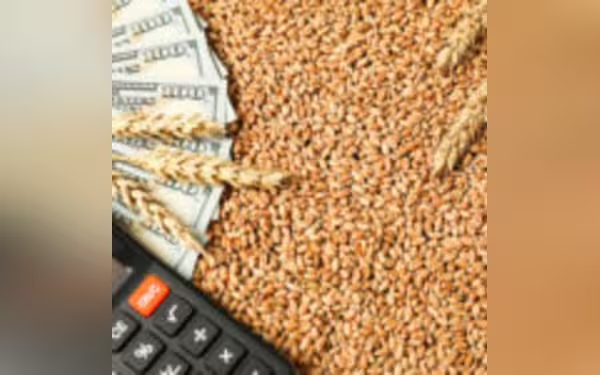Saturday, November 16, 2024 09:49 PM
Punjab Assembly Passes Agricultural Income Tax Bill 2024
- Punjab Assembly approves new agricultural income tax legislation.
- Opposition parties stage walkout over proposed amendments.
- Bill imposes fines on farmers for late tax payments.
 Image Credits: pakistantoday
Image Credits: pakistantodayPunjab Assembly passes Agricultural Income Tax Bill 2024, facing opposition walkout over concerns regarding farmer taxation and economic impact.
The Punjab Assembly has recently passed the Punjab Agricultural Income Tax (Amendment) Bill 2024, a significant piece of legislation that aims to introduce a new taxation system for agricultural and livestock income. This bill has sparked considerable debate and controversy, particularly among opposition parties such as the Pakistan Peoples Party (PPP) and the Pakistan Tehreek-e-Insaf (PTI). These parties staged a walkout during the assembly session in protest against the rejection of their proposed amendments, highlighting the contentious nature of this legislation.
The primary objective of the bill is to create a more equitable agricultural income tax system. It is set to come into effect in 2025 and will impose a super tax on farmers with higher incomes. Specifically, farmers earning less than Rs12 lakh annually will incur a fine of Rs10,000 for late payments, while those earning below Rs4 crore will face a fine of Rs25,000. For farmers with incomes exceeding Rs4 crore, the penalty for delayed payments will be Rs50,000. Additionally, tax defaulters will be penalized with fines of 0.1% per day on unpaid amounts, which could lead to significant financial burdens for those unable to meet their tax obligations.
Punjab Minister for Parliamentary Affairs Mian Mujtaba Shuja ur Rehman has described the bill as a step towards establishing a new “regime of agriculture,” emphasizing the necessity for fair taxation. However, opposition members have been vocal in their criticism, arguing that the government has failed to consult with stakeholders and has disregarded their recommendations. PPP parliamentary leader Syed Ali Haider Gilani has expressed that the PPP is a pro-farmer party and cannot support measures that would place undue pressure on farmers. He accused the government of aligning its policies with the International Monetary Fund (IMF) rather than addressing the genuine concerns of the agricultural community.
PTI legislator Rana Aftab Ahmad Khan has labeled the bill as a “black day” for agriculture, claiming it violates Article 142 of the Constitution, which restricts taxation on agricultural income. He argues that the bill not only disregards constitutional limits but also adds to the burdens faced by an already struggling agricultural sector. Other PTI members, such as Ahmar Rasheed Bhatti and Nadeem Qureshi, have echoed these sentiments, with Qureshi asserting that the proposed 40% tax would amount to the “economic murder” of farmers.
Moreover, the bill introduces provisions to tax income generated from livestock, categorizing it as agricultural income. This move aims to broaden the tax base and generate additional revenue for the province. However, opposition parties warn that these measures could lead to economic hardship for farmers and a decline in agricultural productivity.
As the bill now awaits approval from the governor, there are indications that it may be returned to the assembly for further review. If it is passed again, it will become law, marking a significant shift in the province’s agricultural taxation system. Farmers and opposition parties remain deeply concerned about the financial implications of this legislation and the perceived lack of consultation in the legislative process.
The passage of the Punjab Agricultural Income Tax (Amendment) Bill 2024 represents a pivotal moment for the agricultural sector in Punjab. While the government aims to create a fair taxation system, the opposition's strong objections highlight the need for a more inclusive approach that considers the voices of farmers. As this legislation moves forward, it will be crucial for the government to engage with stakeholders to ensure that the interests of the agricultural community are adequately represented and protected.













